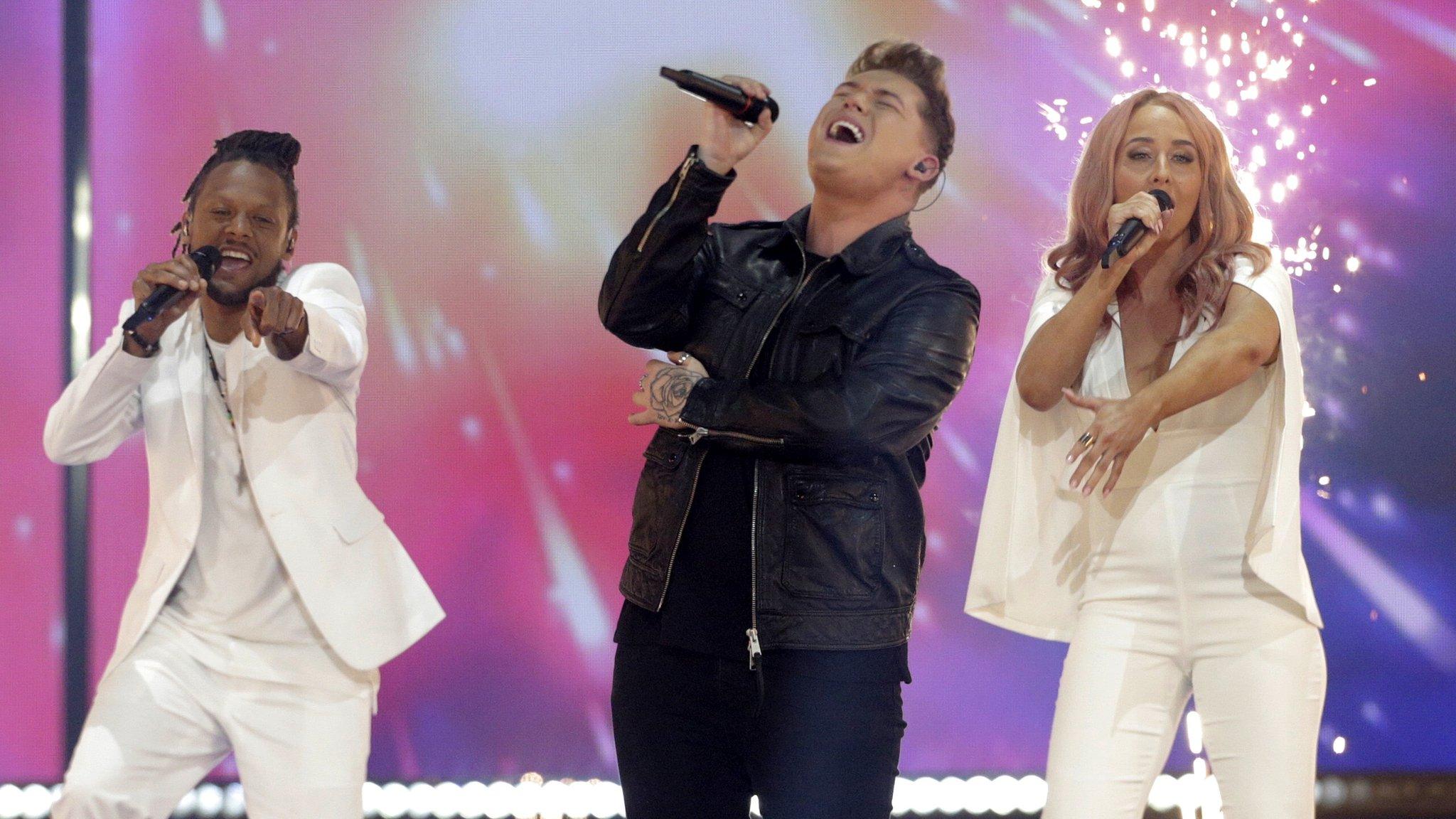‘Alternative Eurovision' being planned after 2020's contest was cancelled
- Published
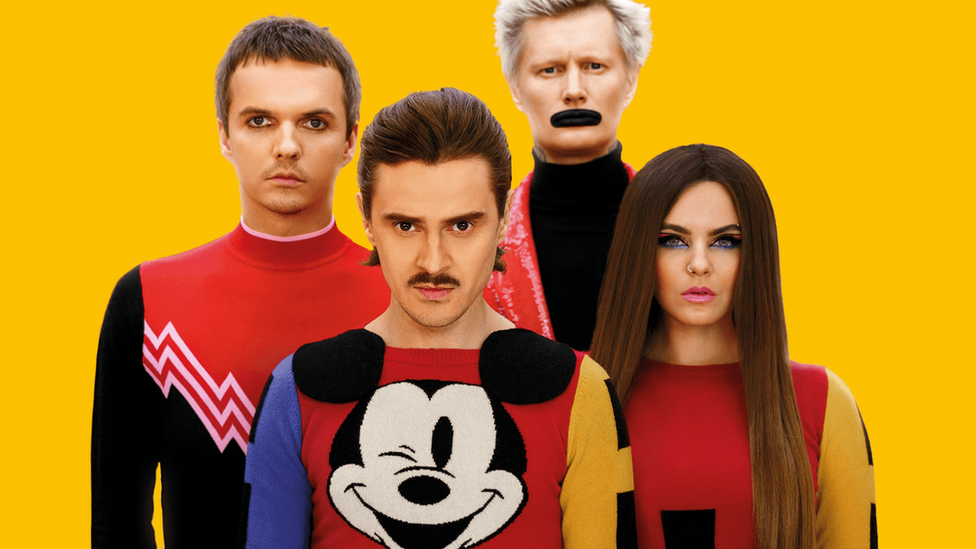
Russias Little Big were considered a front-runner for this year's contest
Organisers of the Eurovision Song Contest are investigating an "alternative" show after this year's event was cancelled due to coronavirus.
Although the format has yet to be decided, they stressed the programme would not be a competition.
However, the show will "honour the songs and artists" that were due to take part of the contest this May.
"With that in mind," organisers said, "this year's songs will not be eligible to compete when the contest returns."
"Participating broadcasters may decided which artist(s) to send in 2021, either this year's or a newly chosen one."
Georgia, the Netherlands, Spain and Azerbaijan have already confirmed their artists will return next year. There has been no indication on whether the UK's entrant, James Newman, will get a second chance.
Allow X content?
This article contains content provided by X. We ask for your permission before anything is loaded, as they may be using cookies and other technologies. You may want to read X’s cookie policy, external and privacy policy, external before accepting. To view this content choose ‘accept and continue’.

It's the first time that Eurovision has not taken place since it first aired in 1956.
The 2020 contest would have seen performers from 41 countries gather with 16,000 fans at Rotterdam's Ahoy Arena to compete for the songwriting trophy.
But after the Dutch government banned large public gatherings, the European Broadcasting Union called off the event to protect the "health of artists, staff, fans and visitors".
The event's executive supervisor, Jon Ola Sand, added: "We are very proud of the Eurovision Song Contest, that for 64 years has united people all around Europe.
"We regret this situation very much," he added, but promised the event would return "stronger than ever" next year, preferably in the Netherlands, which won the contest in 2019.
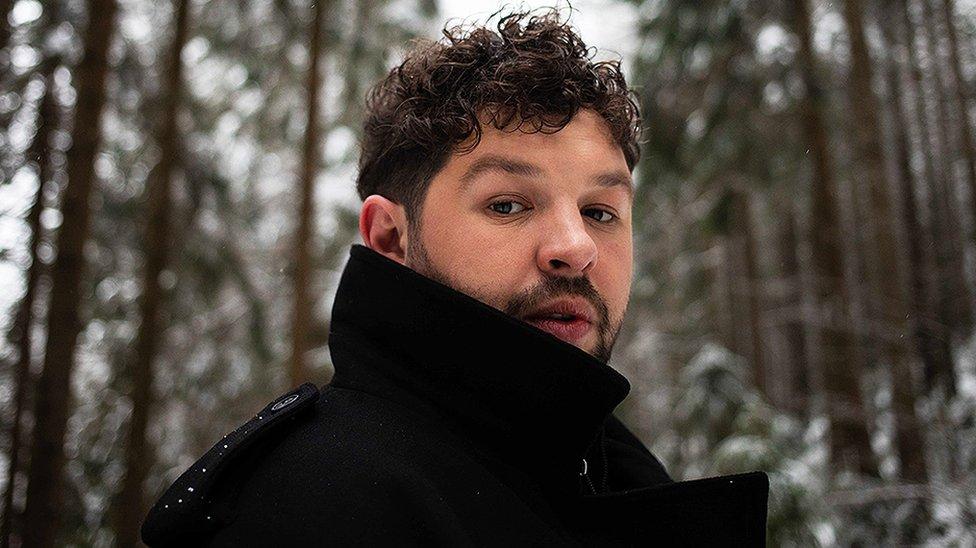
James Newman was due to represent the UK at the contest
Newman, said he was "gutted not to be going to Rotterdam" but recognised it was "more important for everyone to remain safe during these unprecedented times".
Russia's Little Big, whose song Uno was considered a front-runner at the contest, shared a similar sentiment on Facebook, external, writing: "We regret about it and we also assume that this is the only proper decision in such a situation."
Celebrating diversity
The decision to stage an alternative event came just 48 hours after Eurovision was called off, and was prompted by the "overwhelming" response of fans.
"The EBU is very aware of how much the Eurovision Song Contest will be missed," organisers explained.
"The contest's values of universality and inclusivity, and our proud tradition of celebrating diversity through music, are needed more than ever right now."
They said they hoped the alternative programme would "help unite ands entertain artists around Europe at this challenging time".
"We ask for your patience while we work through ideas in the coming days and weeks," the statement concluded.

A SIMPLE GUIDE: What are the symptoms?
AVOIDING CONTACT: Should I self-isolate?
LOOK-UP TOOL: Check cases in your area
MAPS AND CHARTS: Visual guide to the outbreak


Follow us on Facebook, external, or on Twitter @BBCNewsEnts, external. If you have a story suggestion email entertainment.news@bbc.co.uk, external.
- Published18 March 2020
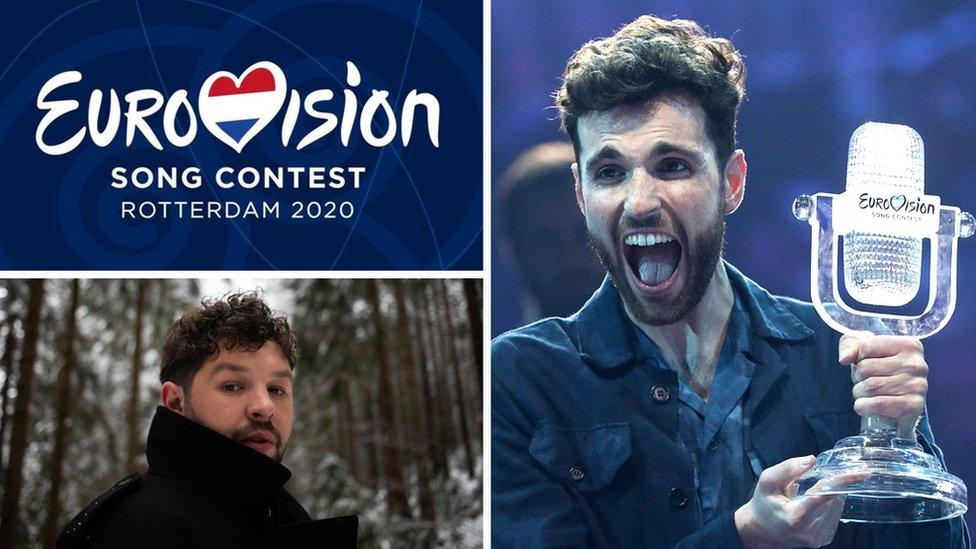
- Published27 February 2020
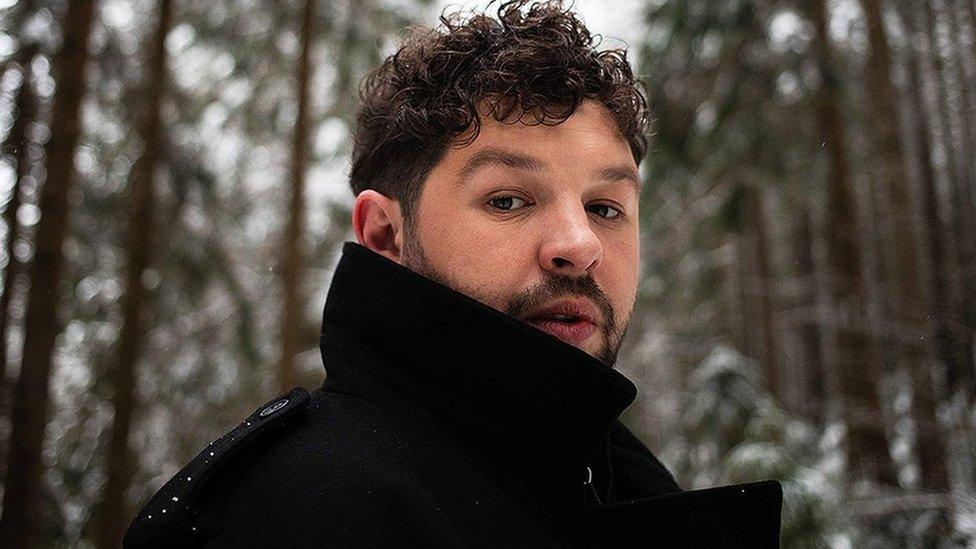
- Published19 May 2019
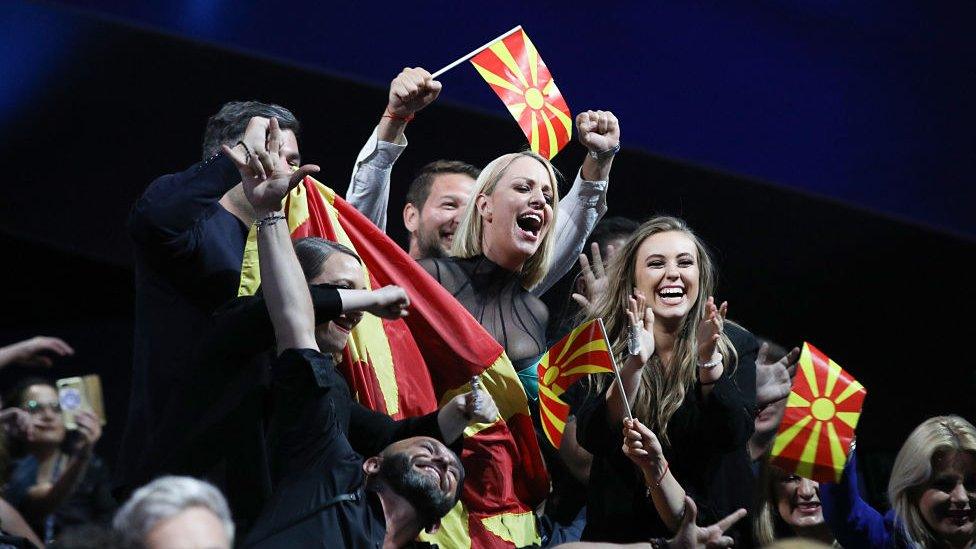
- Published20 May 2019
